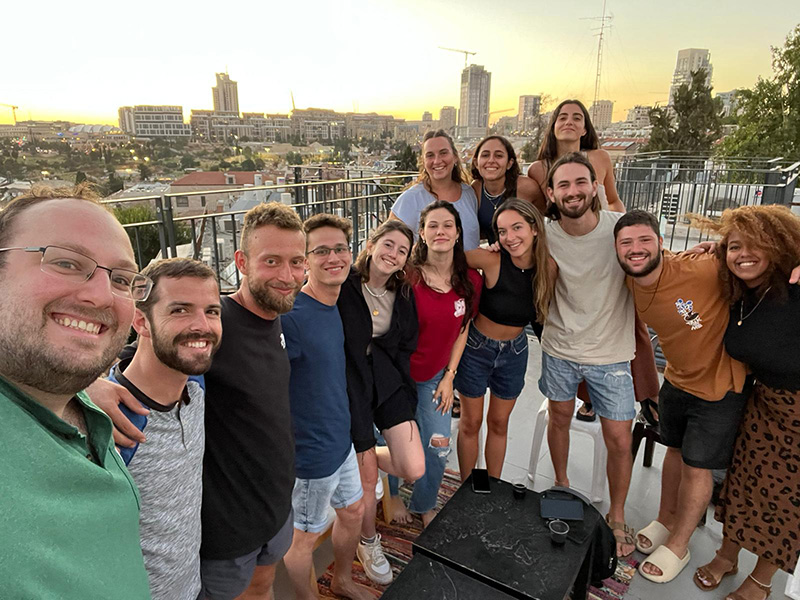In this week’s Torah portion, Moses continues his final address to the nation. He warns them that they should be careful not to be influenced by foreign ideologies and practices. Moreover, they should be cautious with what they consume; avoiding blood and nonkosher animals. We are reminded that we are children of G-d. Additionally, Moshe asserts, “You are a holy people to the Lord, your G-d, and the Lord has chosen you to be a treasured people for Him, out of all the nations that are upon the earth” (Deut. 14:2).
What does it mean that we are “Children of G-d” and how does that relate to all these restrictions that we see in the Torah portion?
Ten years ago I was fortunate enough to live in Vietnam and work at what was at the time, the only synagogue in the country. Beyond being the only Jewish place of worship, we were also the only location producing kosher food in Vietnam. Kosher food would be sent out of our kitchen to tour buses and airlines around the country. Moreover, the synagogue had a little restaurant to service the needs of Jewish locals, tourists, and businessmen. Many business meetings took place at our little restaurant in order to cater to the needs of observant professionals who frequented the country for business.
On one occasion, a non-observant, Jewish businessman, along with his observant partner visiting from Israel, sat with two non-Jewish, potential clients. I happened to be sitting at the table beside theirs and overheard the following exchange. One of the non-Jews had expressed disappointment that they couldn’t have the meeting at a finer establishment. The observant businessman responded that he was grateful that they were willing to accommodate his dietary restrictions and briefly explained how observant Jews have very specific requirements based on the Torah. “I don’t understand,” the non-Jew continued. “If G-d loves His people so much, why are they so restricted?”
This time the non-observant Jew spoke; “Let me ask you something: Do you think it is easy to be the son of a king?” The non-Jew responded, “Of course. You are extremely wealthy, have servants to take care of your every need, and have the best of everything.” “Wrong,” retorted the Jew. “When you are a prince, the eyes of the populace are always upon you. You have to show the utmost refinement in dress, speech, behavior, etc. After all, you represent the king. We have been given the blessing and responsibility of representing G-d. With that comes added expectation even when it comes to our eating.”
Indeed, this is precisely why our portion juxtaposes kosher requirements with G-d’s selection of the Jewish people as His children and treasured nation. As the popular saying goes, “With great power comes great responsibility.” We have the merit of being called children of the Lord. With that comes extra expectations; expectations fitting of nobility. May we merit recognize our special inheritance and live up to its distinguished calling!
Shabbat Shalom
– Rabbi Liad Braude


















